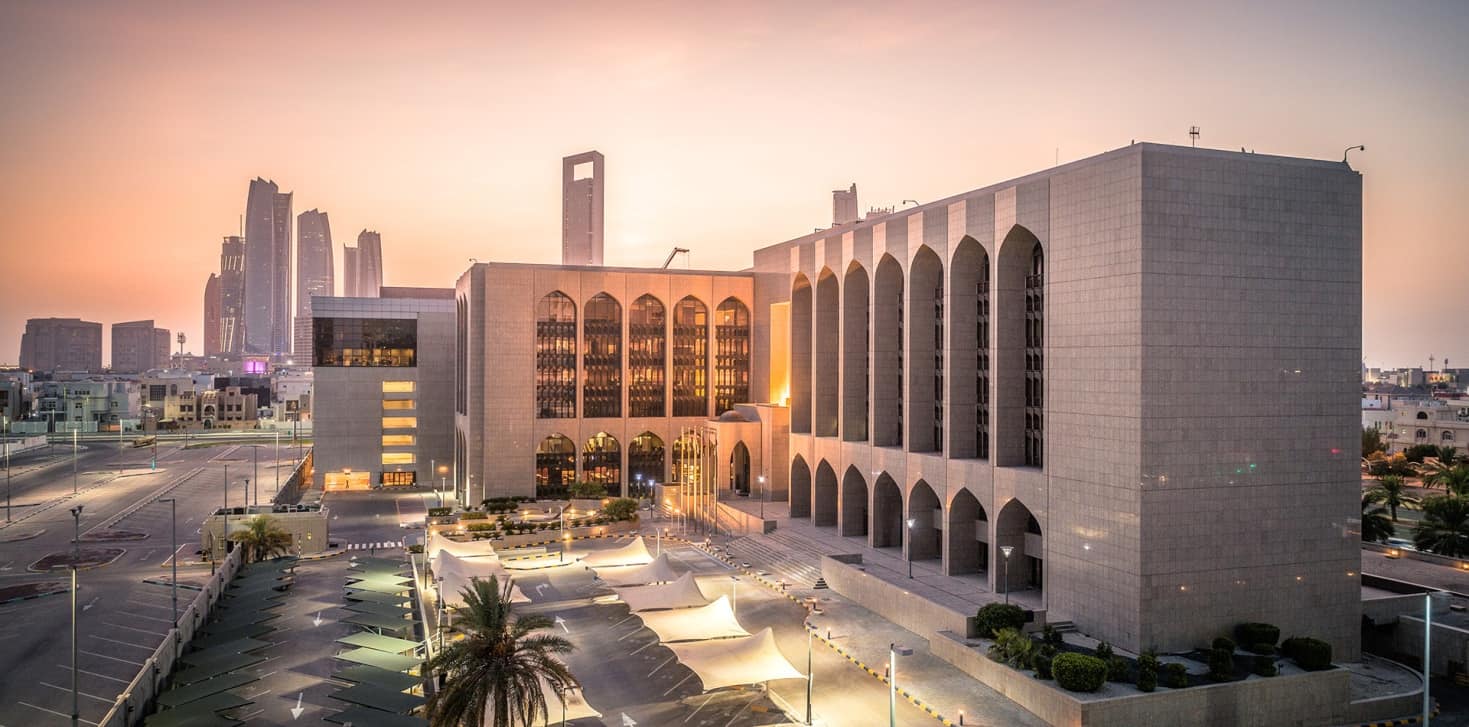Abu Dhabi, UAE — The Central Bank of the United Arab Emirates (CBUAE) expects the country’s Gross Domestic Product (GDP) to grow by 4.2 percent in 2024, rising to 5.2 percent in 2025, while maintaining its estimate for a 3.1 percent growth in 2023.
In its quarterly economic review report for the fourth quarter (Q4) of 2023, the Central Bank also forecasted a non-oil GDP growth of 4.7 percent in both 2024 and 2025, and an oil GDP growth of 2.9 percent in 2024 and 6.2 percent in 2025.
The Central Bank noted that the UAE’s consolidated fiscal balance for the first nine months of 2023 posted a surplus of AED 61 billion, equivalent to 4.4 percent of GDP, with total revenues reaching around AED 370 billion, while expenditures amounted to about AED 309 billion.
The CBUAE report anticipated that the recent introduction of a federal corporate tax is poised to further strengthen government finances, contributing to the diversification of revenue sources away from the oil sector.
The report also pointed out the continued strength of the non-oil private sector, showing signs of robust economic activity, with the Purchasing Managers’ Index (PMI) reaching 56.6 in January 2024, driven by ongoing business confidence in economic outlooks.
This optimism is based on expectations of sustained demand and sales, expected to support continuous expansion in production, along with the possibility of new projects and increased investment.
The report highlighted that the PMI in Dubai reached 56.6 last January, indicating sustainable growth in the emirate’s non-oil private sector.
According to the CBUAE report, positive readings regarding employment and wage growth indicate strong future consumption. The number of employees in the private sector, measured by the three-month moving average, increased by 3.1 percent in the fourth quarter of last year.
The three-month moving average of wages in the same quarter increased by 7.4 percent compared to the same period in 2022, enhancing individuals’ purchasing power.









